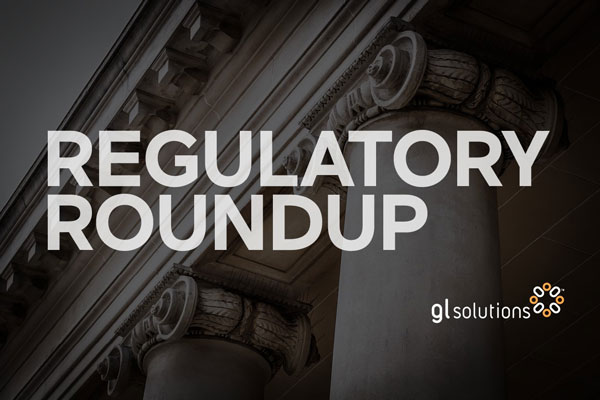Does incrementally boosting educational requirements elevate the quality of licensed professionals? Not necessarily, argues researcher John Manuel Barrios in a working paper made available in October by the National Bureau of Economic Research. Barrios examined the effect of the “150-hour rule” that has been adopted gradually by all states, beginning with Florida in 1983. Prior to the adoption of the rule, the minimum educational requirement for CPA licensure was 120 semester hours. By boosting the requirement by 25 percent, effectively adding a year of education, supporters believed the quality of CPAs would increase, as would their ability to communicate.
So Barrios explains in his paper, “Occupational Licensing and Accountant Quality: Evidence from the 150-Hour Rule.” We’ve read it so you don’t have to, and our Cliff’s Notes version is below. If you’d like to look at the original, you can find it here.
First, why we’re writing about this.
Professional licensing agencies across the country continue to face legislative opposition led by those who discount their public-safety role and argue, instead, that they enforce unnecessary barriers to entry into the workforce. Agree with it or not, research like Barrios’ eventually finds its way into the debate. That’s why we’ll periodically spotlight research papers and other material that could be relevant to the licensing agencies we serve.
Well, that and because we figure regulatory professionals might find such material inherently interesting, as we do.
Back to Barrios, an assistant professor of accounting at Washington University in St. Louis’ Olin Business School. Barrios set out to test two assumptions supporting the 150-hour rule, which was approved by the American Institute of Certified Public Accountants and subsequently adopted by state boards of accountancy. These assumptions were that additional education would improve the competence of CPAs as well as their ability to communicate. Barrios tested these assumptions by comparing CPAs licensed under the 120-hour rule with those licensed under the 150-hour rule.
As proxies for competence, Barrios used time to promotion and tenure at a firm. To this end, he collected information from thousands of profiles on LinkedIn, a professional networking platform. Overall, Barrios found, “time to promotion and time to partner is (sic) not significantly different between rule and nonrule individuals.”
Meanwhile, Barrios noted, the 150-hour rule reduced the supply of CPAs. As expected, this reduction applied to low-ability CPA candidates, who probably would have flunked the CPA exam anyway. But it also affected high-ability CPA candidates, for whom an additional year of education was costly, pushing some to alternative careers.
Barrios found, too, that 150-hour CPAs didn’t write notably better than 120-hour CPAs. He tested this assumption, again, with the help of LinkedIn profiles. The job descriptions CPAs wrote for LinkedIn were subjected to standard readability measures. The results, Barrios writes, suggest that the rule has had “negligible effects on the written communication skills of individuals in the profession.” To the contrary, he notes, “rule individuals’ writing has become somewhat more challenging to understand.”
“Overall,” Barrios concludes, “these results question the effectiveness of incremental licensing requirements as tools to attract better candidates to the accounting and auditing profession.”
It’s worth noting that NBER working papers are, as the name suggests, works in process. They’re circulated for discussion and comment purposes and have not been subjected to peer-review.
***
GL Solutions has developed licensing and case management software for state government since 1997. Its configurable GL Suite application is used by dozens of agencies, from Alaska to Connecticut.
GL Solutions helps governments run, grow and adapt. Learn more on our website.


